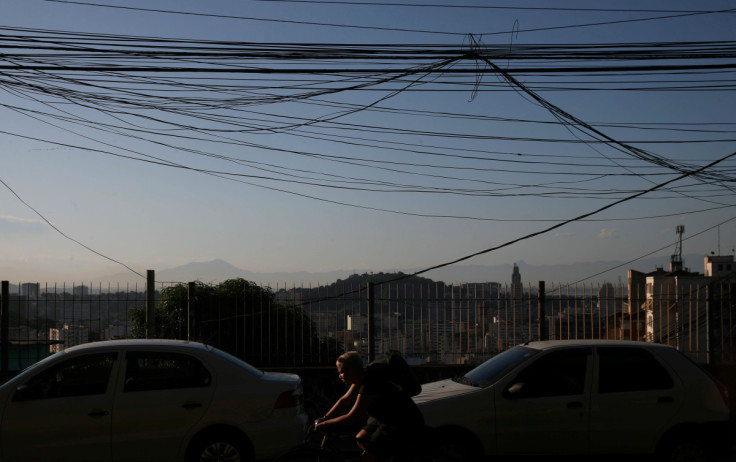Brazil Looks To Regulate Monetized Content On Internet -official

The Brazilian government is studying whether to regulate Internet platforms with content that earns revenue such as advertising, its secretary for digital policies, Joao Brant, said on Friday.
The idea would be for a regulator to hold such platforms, not consumers, accountable for monetized content, Brant told Reuters.
Another goal is "to prevent the networks from being used for the dissemination and promotion of crimes and illegal content" especially after the riots by supporters of former far-right President Jair Bolsonaro in Brasilia in January, fueled by misinformation about the election he lost in October.
Brant said President Luiz Inacio Lula da Silva's government also intends to make companies responsible for stopping misinformation, hate speech and other crimes on their social media platforms. Platforms would not be held responsible for content individually, but for how diligent they are in protecting the "digital environment," he said in an interview.
Brant did not detail what the regulatory body would look like, but said the government wants to regulate monetized content and prevent the platforms from spreading misinformation.
"What the body would do is monitor whether the platforms are fulfilling their obligations well, and not deal with individual content published by users. That must be up to the courts," he said.
Brant did not specify the role the judiciary would play in fighting misinformation.
Any proposal would require changes to the regulatory framework in the 2014 law known as the "Marco Civil" that governs the Internet in Brazil and protects the rights of users.
The law's Article 19 exempts platforms from legal responsibility "for damages resulting from content generated by third parties", unless there is a specific court order for the removal of the content.
For Brant, the current framework "generates an incentive for platforms not to take care of the public space of debate."
The absence of accountability for content that is promoted, monetized or presented as advertising must be reconsidered, he said, adding: "For them to have zero responsibility for that content is very bad."
Brazil's Supreme Court has been discussing the constitutionality of Article 19 since 2017, based on a lawsuit filed by Meta Platforms Inc Meta, owner of Facebook and WhatsApp.
Meta questioned its responsibility for removing content without a court decision in a case involving a fake Facebook profile. The court scheduled a public hearing on the issue for March 28.
© Copyright Thomson Reuters 2024. All rights reserved.





















